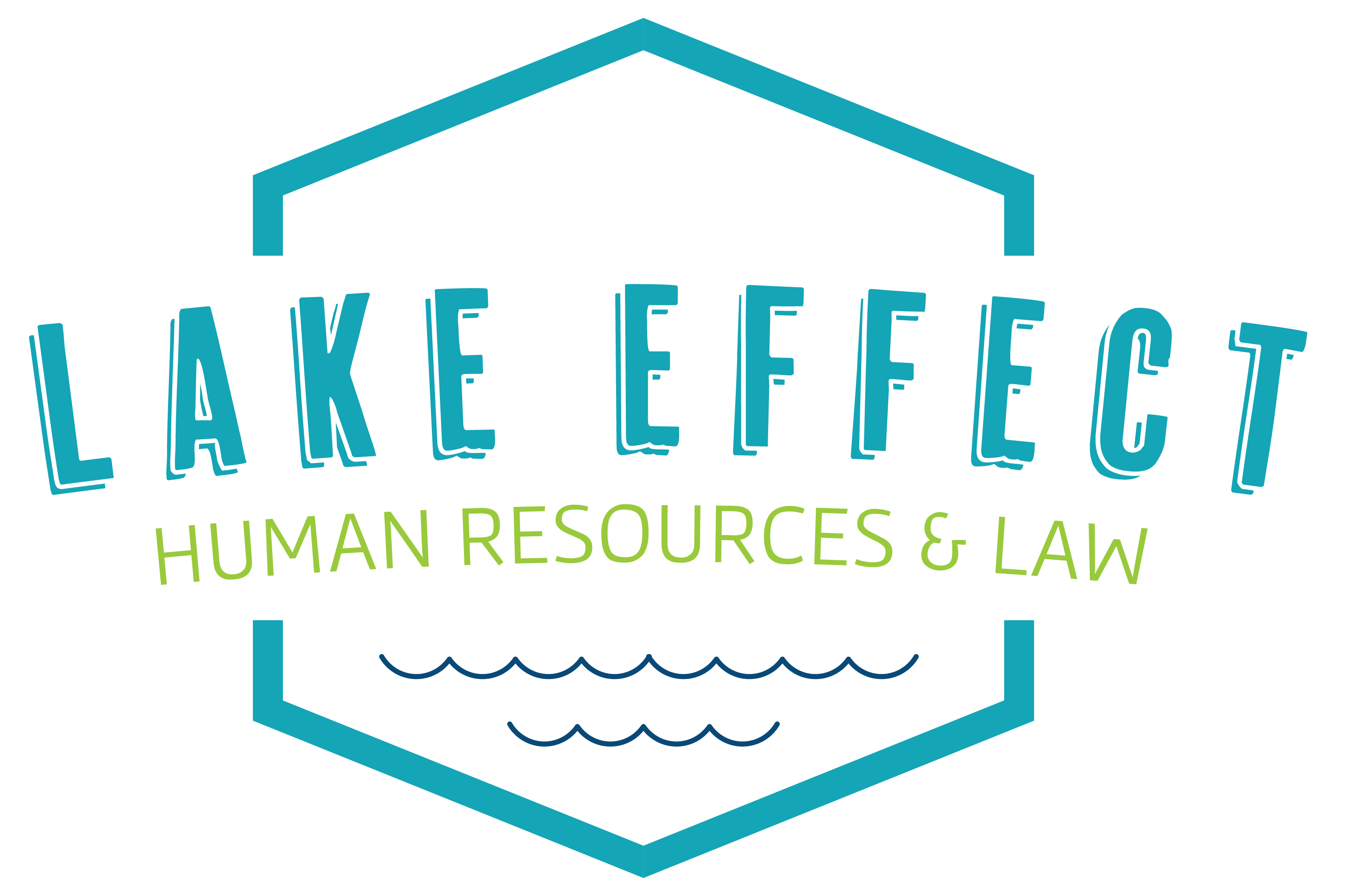Employers Beware: Your Noncompete May Violate Federal Law

NLRB General Counsel: Most Noncompete Agreements Violate the NLRA Many employers require employees to sign noncompete agreements before, during, or upon separation from employment in an effort to prevent direct competition and protect business interests. This long-standing practice faces increasing resistance from state legislatures, as well as federal agencies like the Federal Trade Commission. The […]
Employers Face New Challenges Under Colorado’s Revised Non-Compete Law

Effective August 10, 2022, employers who aim to protect business interests by requiring employees in Colorado to sign non-compete and customer non-solicit agreements will face new challenges under amendments to Colorado’s restrictive covenant law. Key provisions include the following: Post-employment non-compete agreements, including customer non-solicitation agreements, are presumed void unless all of the following are […]

